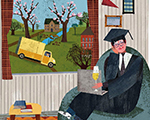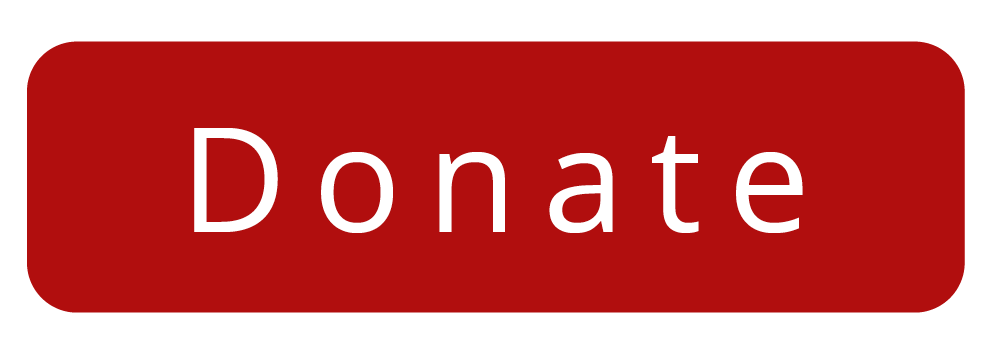Behind the Scenes: Writing about Oneself
Ledecky Fellow Drew Pendergrass reflects on his final personal essay and what it’s like to write about himself in the Undergraduate column.
As a Ledecky Undergraduate Fellow at Harvard Magazine, my job was to give alumni a look into College life by writing about the undergraduate I knew best: me. For my final essay as a fellow, I reflected on my sudden return home after the COVID-19 pandemic forced Harvard to close the campus in March. Through that massive disruption to my life, I learned (quite against my will) about the power of slowing down and doing nothing in particular. As I adapted to the pace of my home state of Alabama, I felt my mind open up to new connections. My column gave me a place to gather those insights and share them.
Personal essays are a funny genre of journalism. Travel funds are not required, as the writer and the subject are always in the same place. Interviews with other people can play a role, but aren’t as important as in straight reporting. Yet a good personal essay requires a massive (and invisible) investment of time spent in research and reflection. Emotions and personal experiences are often hard to express in words, much less a narrative. I find that to write about my life, I need to read multiple books in search of a uniting insight—hours of work that often are represented in only a single line in the final article. For this essay, I spent weeks in the work of Kentucky farmer-poet Wendell Berry. His critique of the modern farm, oddly enough, helped me make sense of my own feelings.
There’s another hidden investment behind the personal essay: a writer, especially a young one, is nothing without editing and mentorship. I applied to Harvard Magazine originally because I felt that I needed feedback and advice from writers and editors with far more experience. While student publications like The Harvard Crimson and the Harvard Political Review have played an enormous role in shaping my voice, as a rising senior I found that my editors were now my peers—and they were far too easy on me. Harvard Magazine gave me the gift of criticism, ensuring that my writing was clear and my arguments airtight. None of my articles would have been as effective without the extensive feedback I received from the whole magazine staff, especially editors Marina Bolotnikova, Jean Martin, and John Rosenberg. My writing may have come back covered in red ink, but I am a stronger writer as a result.
Harvard Magazine is an excellent place to write about slowing down and thinking carefully. Few publications are left that allow writers the space and time to read whole books in search of an elusive insight, one that may still remain out of reach after the final page is turned. Without the support of readers, that kind of slow-cooked writing could never happen.
Read “To Catch a Crawdad.”

